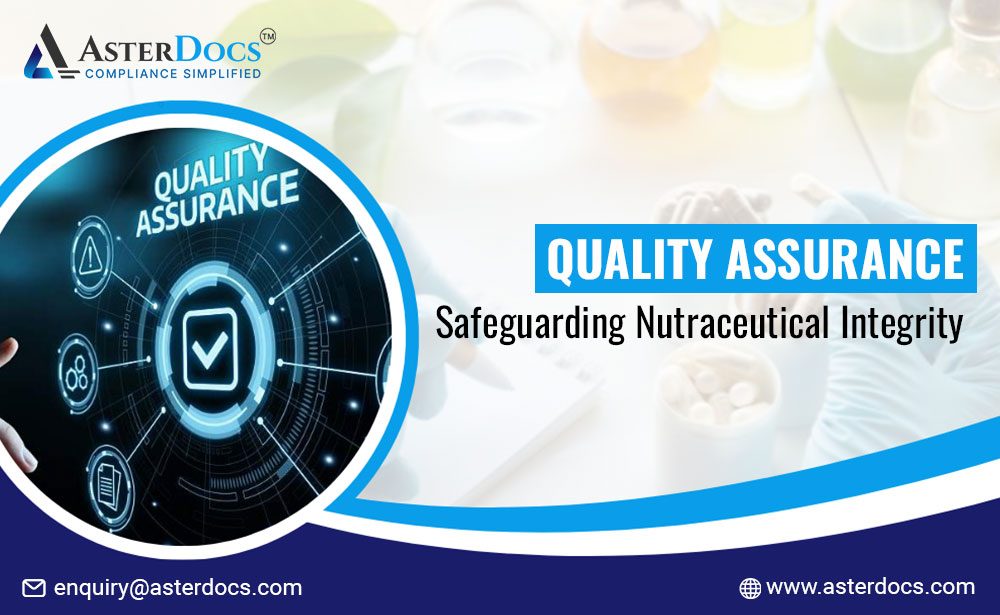The nutraceutical industry is booming, offering consumers a vast array of supplements that bridge the gap between food and medicine. But with this growth comes a critical responsibility – ensuring the safety and efficacy of these products. This is where quality assurance (QA) steps in, playing a vital role in supplier risk assessment for the nutraceutical industry.
Why Assess Supplier Risk?
The nutraceutical supply chain can be complex, often involving multiple suppliers across different countries. This complexity introduces inherent risks, such as:
- Contamination: Raw materials can be contaminated with impurities, pesticides, or even heavy metals.
- Inaccurate labeling: Ingredients may not be accurately listed or present in the stated quantities.
- Ineffective processing: Improper processing techniques can reduce the potency or introduce contaminants.
Quality Assurance: The First Line of Defense
Supplier risk assessment helps identify and mitigate these potential problems. However, a robust risk assessment hinges on effective quality assurance protocols. Here’s why:
- Verifying Quality: Quality assurance protocols involve audits, inspections, and testing of raw materials, manufacturing processes, and finished products. This verification ensures that suppliers meet safety and quality standards.
- Building Confidence: By implementing stringent protocols, nutraceutical companies demonstrate a commitment to quality. This transparency builds trust with consumers and regulatory bodies.
- Mitigating Risks: Quality protocols help identify potential problems early on, allowing corrective actions to be taken before they impact product safety or efficacy. This proactive approach saves time and money and protects brand reputation.
The Importance of a Comprehensive Approach
Effective QA for nutraceutical suppliers goes beyond standard paperwork. It should encompass a multi-pronged approach:
- Supplier Qualification: Rigorous selection processes ensure suppliers have a proven track record of quality and adhere to industry standards.
- On-Site Audits: Regular audits at supplier facilities verify compliance with quality assurance protocols and identify potential areas for improvement.
- Laboratory Testing: Independent lab testing of raw materials and finished products provides critical data on ingredient purity, potency, and potential contaminants.
Investing in Quality:
While implementing robust protocols may seem like an initial investment, the benefits far outweigh the costs. It’s an investment in:
- Consumer Safety: Ensuring consumers receive safe and effective products that deliver the promised benefits.
- Brand Reputation: Building trust and loyalty with consumers who value quality and transparency.
- Reduced Risks: Minimizing the risk of product recalls and potential legal issues associated with non-compliance.
The Bottom Line:
In today’s competitive nutraceutical market, quality is not just an aspiration – it’s a necessity. By prioritizing quality assurance in supplier risk assessment, nutraceutical companies can safeguard their brands, protect consumer well-being, and pave the way for a more sustainable and trustworthy industry. Remember, when it comes to nutraceuticals, quality isn’t just a label – it’s a promise.
Also read: How Risk Assessment Software Can Enhance Compliance in Your Industry














